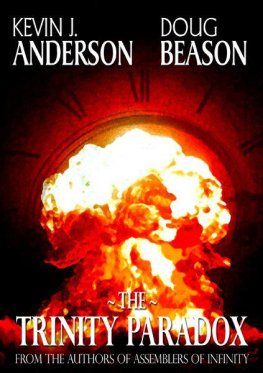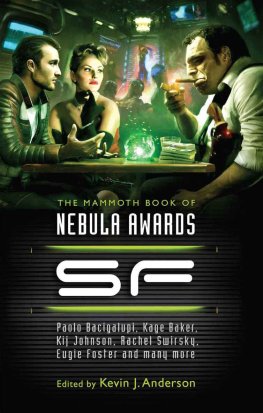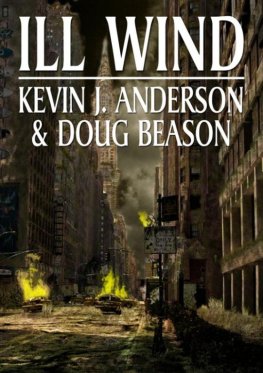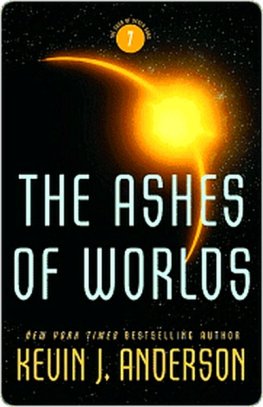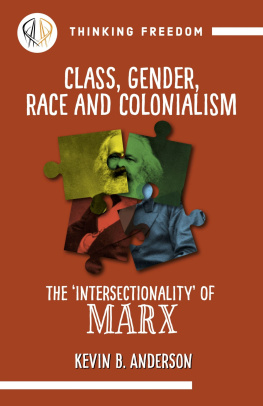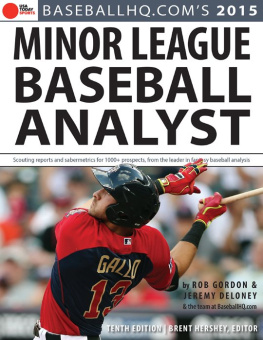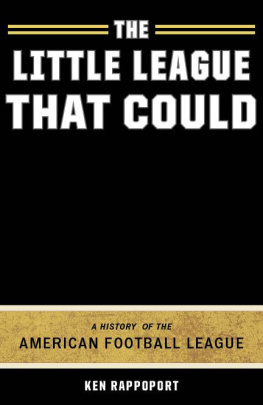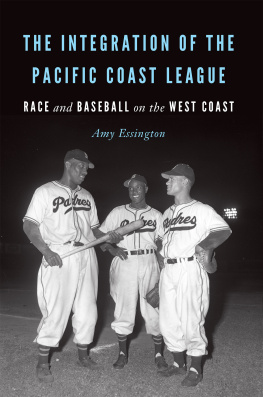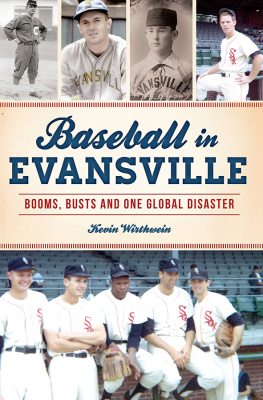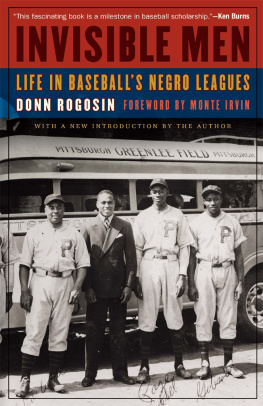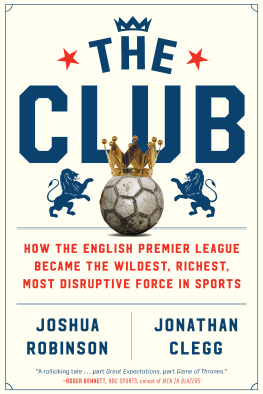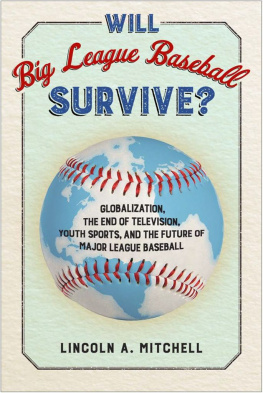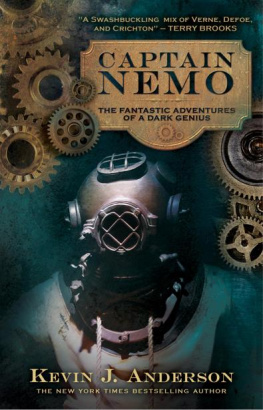Kevin J. Anderson
The League of Extraordinary Gentlemen
ONE
Central London, 1899
Night
On the edge of a century's turning, London was a sprawling mosaic of crooked tile roofs, shuttered windows, cobblestone streets, and garbage-strewn alleyways. Fog crept through the city like pestilence, mixing with the foul breaths of smoke from coal grates and great belches from factory smokestacks. Cold buildings huddled together as if seeking warmth against the nights chill.
Nearly two millenia of history had seen London evolve from a Roman settlement to a Saxon stronghold, then a burgeoning commercial center and religious axis. Ultimately, London became a pinnacle of European political might as well as a powerful industrial hub. World-shaking events would begin or end here.
For decades now this place had endured the turns of the industrial revolution, which had transformed it from a grand city of one million inhabitants into a vast metropolis teeming with more than four times as many people, all of them trying their best to survive.
In the distance Big Ben chimed its lonely but predictable tones. Most people no longer even awakened to the clock towers hourly ritual, especially not so late. The steady sequence of gongs drifted past like a lullaby, reassuring the city's sleeping inhabitants that all was well.
Big Ben fell silent again, and so did the streets.
Then a low rumble started deep underground, as if the convoluted sewers near the Thames suffered from indigestion.
In Moorgate Passage, a pair of dogs hungrily dug through garbage in search of edible scraps, as they did every night. They half-heartedly snarled at each other, too hungry to notice the mysterious sounds.
But the noise rose steadily in volume, like buried, restless thunder. The ominous trembling grew louder and louder, shaking forcefully until it rattled loose roof slates and chimney pots
One mutt lifted his head and pricked his ears. The second dog used the opportunity to seize a rank-smelling fish head from the trash heap and bounded away with his prize. Then he, too, paused, whining. His jaws opened and the moist fish head fell to the slick street. The rumble grew more ominous, a different sort of growl.
The two dogs snarled at the sound that seemed to come from everywhere beneath and around them, then they scuttled away in fear. The second mutt doubled back to snatch up the fish head, then sprang down the alley just as the sound reached an explosive roar.
A dark brick wall at the opposite end of the alley split and broke as something huge, black, and mechanical hammered its way up from beneath the streets, knocking bricks and timbers apart. Walls fell, brushed aside from the leviathan as if they were little more than dust and dry leaves.
Both dogs ran for their lives as the immense subterranean machine roared and clanked after them.
Though he had been deeply asleep, immersed in dreams of playing in the park with his father on a Sunday afternoon, Bartholomew Dunning sat up quickly in bed. The pallid six-year-old boy clutched an old woolen blanket and stared into the faint light that came through the window of his cellar bedroom. On a narrow brick windowsill above the bed, his tin toy horse and buggy shuddered and rattled, as if they had come alive.
The rumbling made the entire tenement shake. Dust sprinkled down from the ceiling, captured in the hazy moonlight that penetrated the fog.
Bartholomew wanted to call out for his father, but he knew Constable Dunning would be out walking the streets, keeping London safe, as he did every night all night. But right now the boy wanted his father. He pulled the blanket up to his chin, hoping to hide. But the noise grew louder.
The toys jittered and wobbled, then finally tumbled off the windowsill. More dust sifted down from the tenement ceiling, and Bartholomew could hear shouts from the residents in the floors above.
Gathering his courage, thinking of his father in his fine policeman's uniform striding down dark alleys and arresting pickpockets and murderers, Bartholomew scurried out of bed as the monstrous noise came deafeningly close. Someone upstairs let out a loud yell.
Because his father worked every night, and slept most of the day, Bartholomew could spend time with him only on Sunday. But Constable Dunning put food on the table and coal in the grate for the boy and his two sisters; they had to care for themselves without a mother to watch over them. His sisters snored together in the inner room, not even awakened by the noise. It was up to the boy to see what was happening outside.
Shrill whistles pierced the growing noise, and he took comfort in knowing the police were rushing to the scene.
Bartholomew went to the window, stood on tiptoe, and used the flat of his hand to wipe fog from the pane. The glass remained blurry from the grime outside, but an immense shadow passed along the street. When he pressed his face close, the boy could see well enough that his eyes widened in fear.
Massive mechanical treads rolled past at street level, crushing cobblestones, clanking and clattering like the loudest factory line.
Bartholomews windows splintered and fell in. He screamed, scrambling backward as the whole frame came crashing down. Part of the wall and ceiling slumped under the crushing passage of the huge vehicle. Broken bricks and crumbling mortar buried and destroyed his toy horse and buggy.
He crawled for shelter under his bed, a place usually reserved for nighttime monsters. Right now, though, the boy was only afraid of the very real and tangible beast outside.
Then the mechanical juggernaut surged past, smashing gutters and shouldering aside brick corners that got in its way.
As dust and rubble continued to patter all around him, Bartholomew peered out from his hiding place. Safe, for now.
But he knew his father was out in the streets, armed with little more than his whistle and truncheon. Even a stern constable in a clean uniform would be no match for that thing.
Tabard Row had been quiet all evening, and Constable Dunning paused in his rounds to smoke his pipe. He took a long draw on the tobacco, savoring the moment of bliss.
His children were home together, asleep. Their mother had died of consumption two years earlier, and the boy Bartholomew had been forced to grow up much faster than he should have. Once, he'd playfully tried on his fathers constable cap, and it had nearly fallen down to his small shoulders. Bartholomew was the man of the house whenever his father left to patrol the night streets, and the boy took his responsibilities with admirable, heart-aching seriousness, though his father occasionally saw him playing with his toys. Just a little boy, no more than six years old.
At least he was safe tonight
Constable Dunning's peaceful feeling was suddenly shattered by the pitiful wailing of dogs. A moment later a monstrous rumble shook the ground, accompanied by breaking glass and shattering walls.
Dunning drew his baton and trotted toward the sound, by habit tapping his truncheon on the wall as he went, making a sound like rapid gunfire. Shrill whistles sounded the alarm from other officers heading in the same direction. Drawing a deep breath, he blew a long high-pitched note on his own whistle.
"Its down in Moorgate Passage!" one of the policemen called, joining up with Dunning. They ran together, reacting out of instinct without stopping to worry about the nature of the threat. From the sound of it, this was more serious than a drunken brawl, a cutpurse, or a pair of whores trying to claw each others' eyes out.
The two constables sprinted onto Threadneedle Street, heading for Moorgate. Dunning stumbled and nearly sprawled on his face in a filthy gutter as he and his companion collided with a pair of utterly terrified dogs racing in the opposite direction, off into the night.


